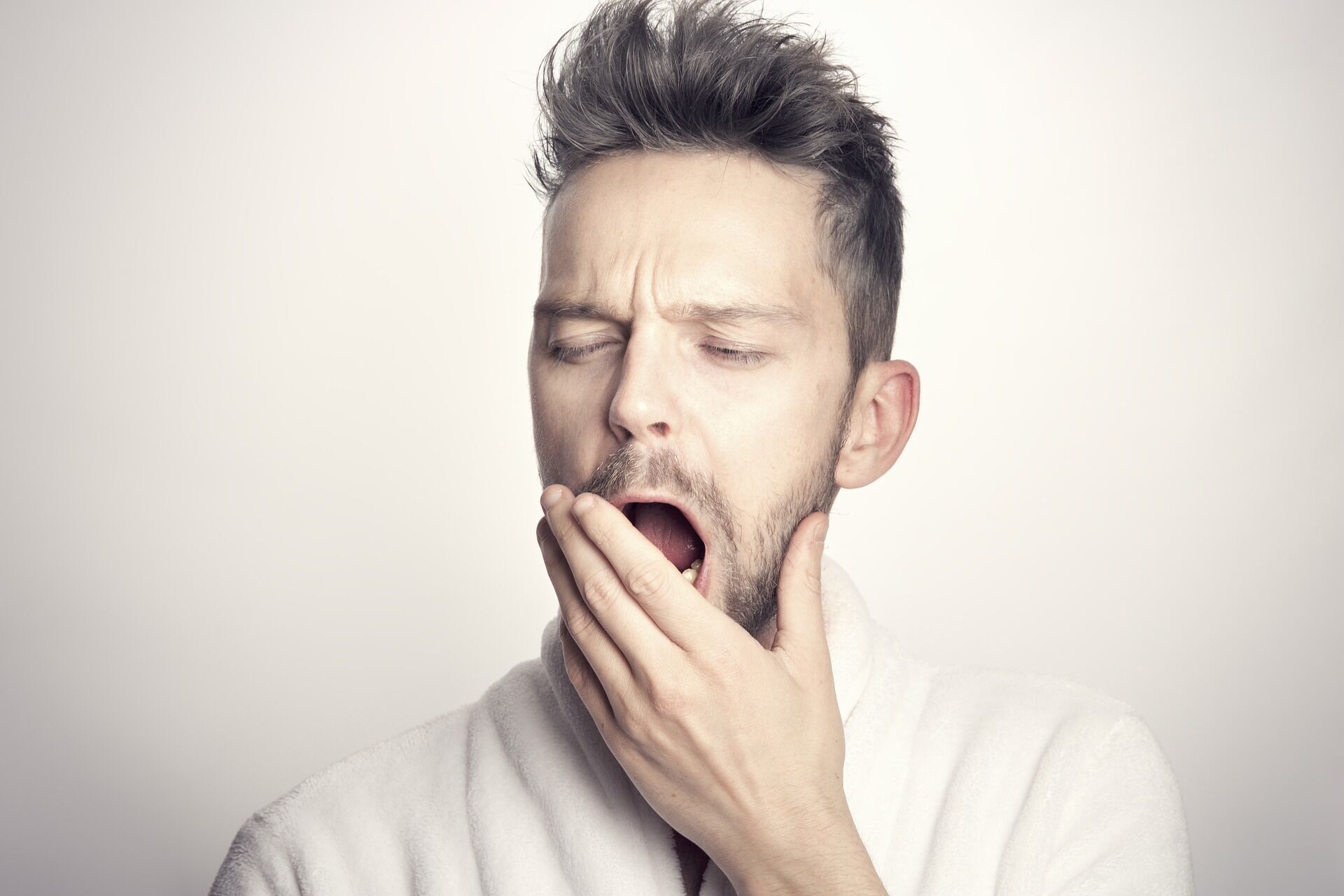Lifestyle
How to start falling asleep quickly without pills: a professor shares super methods
It is possible to overcome insomnia without medication, although it takes time. This problem should not be taken lightly, as lack of sleep can lead to depression, type 2 diabetes, heart problems, and even Alzheimer's disease.
According to the Daily Mail, citing a well-known neurologist and sleep expert, Professor Guy Leshziner, the coronavirus pandemic has only exacerbated this problem. Many people, having experienced the disease or fear of it, began to suffer from insomnia. So what can be done?
Leshziner explained that you can get rid of sleep problems with the help of a therapy known as cognitive behavioral therapy for insomnia (CBT).
"This approach uses behavioral methods to reprogram the brains of people suffering from insomnia. Its advantage is that after completing the treatment course, the effect lasts for a long time. Whereas with pills, insomnia will return after the medication is discontinued," the expert said.
He noted that many people begin to get nervous and afraid of the night before entering the bedroom, worrying about how their sleep will go. In this case, he recommended "starting during the day".
"We start by doing things during the day that promote later sleep, including setting regular wake-up and sleep times, limiting light exposure in the evening, not eating late at night, and not drinking caffeine. Then we move on to stimulus control, aiming to restore the connection between bed and sleep in the mind. This means using the bedroom only for sleep. At the same time, you should not sleep during the day, as this can reduce your body's desire to sleep at night," Leschziner said.
He went on to recommend that in case of insomnia, get out of bed and go to another room and return to bed only when you feel drowsy.
He recommended trying meditation and muscle relaxation (when you tense a group of muscles in a specific order while inhaling) before bed, as well as discussing the problem with a specialist.
Leshziner emphasized that you shouldn't expect an instant result, but rather prepare for several months of training. Its main goal is the actual time spent sleeping in bed, when the body realizes that the bed is intended for sleep and thus a conditioned reflex will arise.
The expert said that there are quite a few people who suffer from sleep disorders to varying degrees. And nothing is more demoralizing and reduces the quality of life than chronic insomnia.
"It's easy to toss and turn in the middle of the night and get exhausted-you may fear that you won't sleep another night, that you'll feel terrible tomorrow, or that your insomnia is untreatable or harmful to your health," Leschziner said.
At the same time, he reassured that for most people, sleep problems are temporary and that special techniques can be used to improve this aspect of life.
"Only in a minority of people can this problem be "risky" and lead to serious health problems," the expert noted.
He also said that many people only think that their sleep is disturbed, but in fact they sleep enough. It is possible to find out how much sleep is correct and how much it restores strength only in laboratory conditions.
"Often, after a night in the sleep lab, people think that they slept only a few minutes all night. But when I look at their brain waves, I realize that they slept more than I did," the scientist said.
Leshziner explained that such feelings can occur due to neurotic disorders.
"In these patients with paradoxical insomnia, some part of the brain responsible for awareness does not 'turn off' in the same way as the rest of the brain, so they feel like they have been awake all night," the expert said.
"Other patients may take several hours to fall asleep, or they wake up several times during the night and feel miserable. Nevertheless, they spend enough time asleep to enjoy enough deep slow wave sleep, which is believed to be where most of the recovery processes for the brain and body take place," he added.
Leschziner emphasized that only people whose sleep is truly shortened will experience the physical effects of poor sleep when their nervous system is on high alert.
In case of "bad" sleep, the expert suggested paying attention to lifestyle. Evening sports or bedtime can disrupt a night's rest. He urged not to rely on sleeping pills, which, in his opinion, have only a temporary effect and contribute to drug addiction.
"They can lead to dependence and disturbing withdrawal effects, such as the return of sleep problems and anxiety, while constantly increasing doses are needed to achieve the same effect on sleep," he explained and emphasized that the drugs do not solve the underlying problem of insomnia, which lies above the medication plane.





























